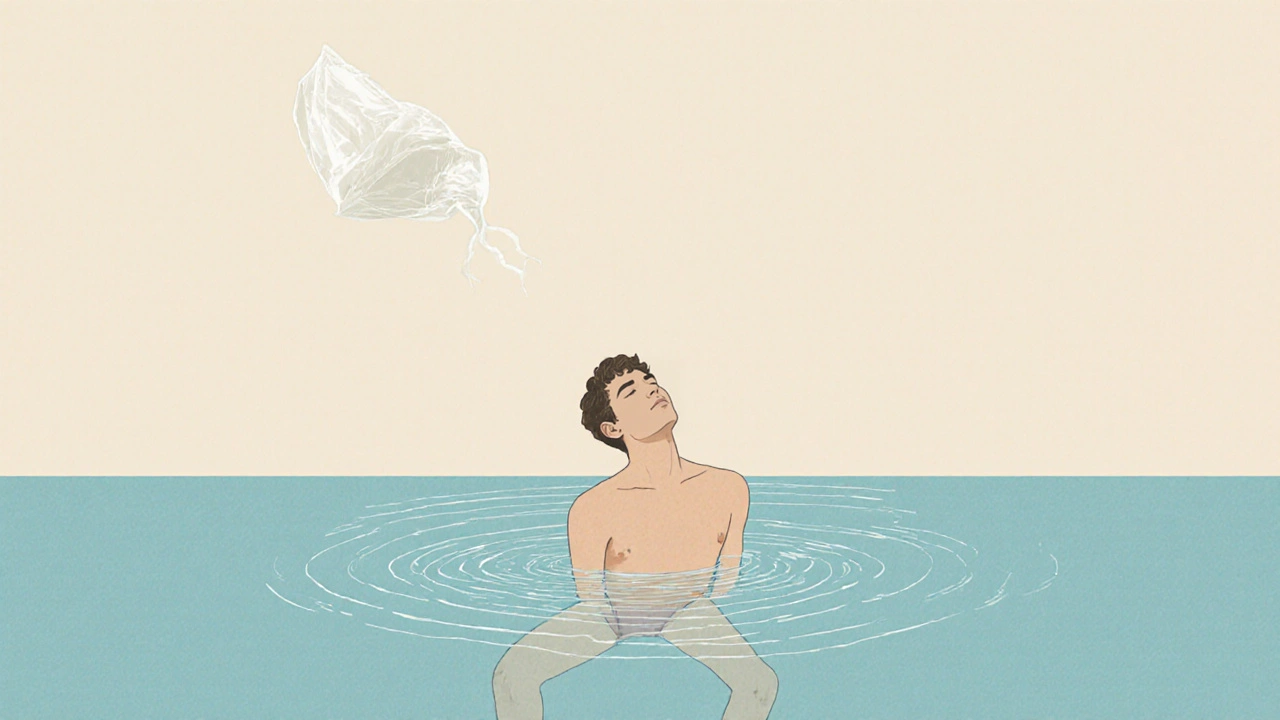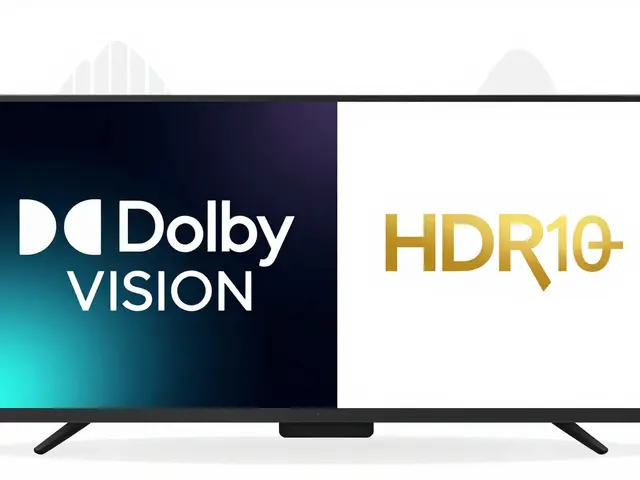Dustin Hoffman: Iconic Actor Who Redefined Film Characters
Dustin Hoffman, an American actor whose intense, naturalistic performances reshaped cinema in the 1970s. Also known as the face of anti-hero cinema, he didn’t play heroes—he played guys who were lost, nervous, angry, or broken, and made you feel every bit of it. Before Hoffman, leading men were clean-cut and confident. He showed up in tattered clothes, sweating, stuttering, and questioning everything—and audiences didn’t look away. He wasn’t just acting; he was living the role so hard you forgot it was acting.
His breakthrough in The Graduate, the 1967 film that made him a symbol of generational confusion wasn’t about charm. It was about panic. Benjamin Braddock didn’t know what he wanted, and neither did the audience. Hoffman made that uncertainty magnetic. Then came Midnight Cowboy, a gritty, unflinching portrait of two broken men in New York, where he played a con artist with a heart too big for his own good. He won the Oscar for it—not for being likable, but for being human. That’s the thread through all his best work: truth over polish.
He didn’t need big action scenes or heroic monologues. His power was in silence, in a glance, in how he’d fumble with a cigarette or avoid eye contact. Directors like Mike Nichols, Sydney Pollack, and Barry Levinson knew that. They gave him space, and he filled it with layers no one else could. Even when he played a villain, like in Marathon Man, you still felt sorry for him. He didn’t just portray characters—he revealed their wounds.
Today, you see his influence everywhere. From Adam Sandler’s awkward everymen to Joaquin Phoenix’s haunted roles, the DNA of Dustin Hoffman is in modern acting. He proved you didn’t need to be handsome or loud to carry a movie. You just needed to be real. Below, you’ll find posts that touch on the films he shaped, the era he defined, and the way he changed what audiences expected from a lead actor—no filters, no poses, just raw humanity.
9
The Graduate Review: How a 1967 Film Captured New Hollywood’s Rebellion and Alienation
The Graduate captured the quiet alienation of a generation with its raw portrayal of a lost grad, groundbreaking soundtrack, and anti-hero protagonist. It changed Hollywood and still resonates today.
Latest Posts
Popular Posts
-
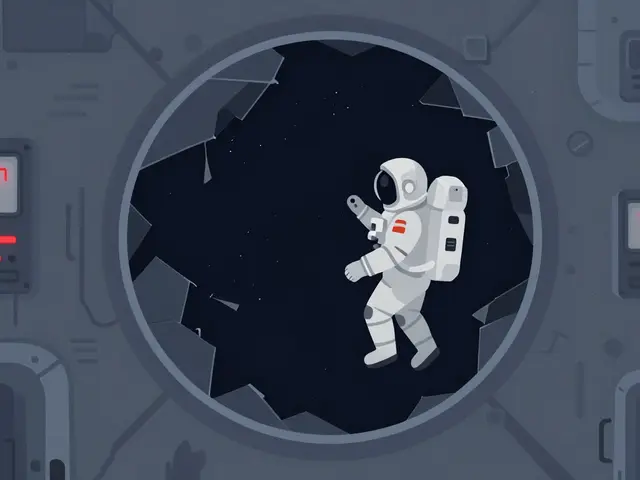 Best New Shows and Movies on Netflix This Week
Best New Shows and Movies on Netflix This Week
-
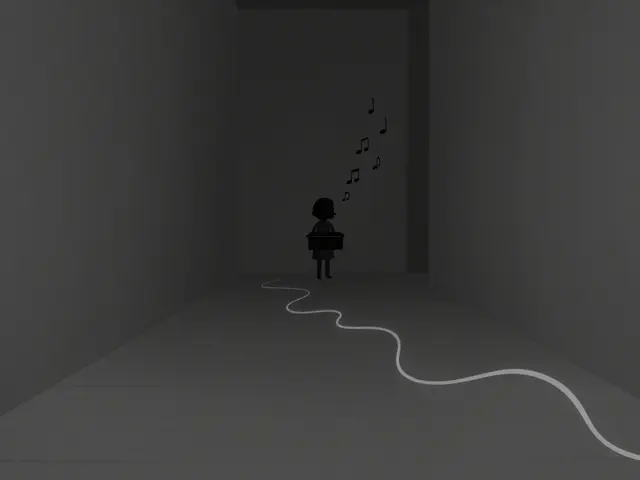 Horror Soundtracks That Scare: From The Exorcist to Hereditary
Horror Soundtracks That Scare: From The Exorcist to Hereditary
-
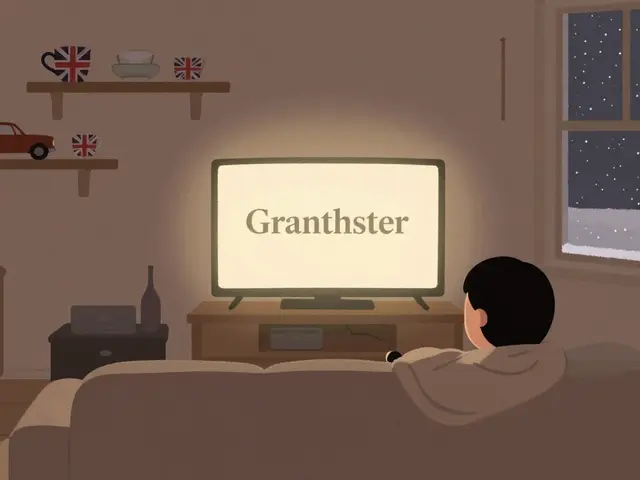 Acorn TV: Where to Watch International TV Shows Online
Acorn TV: Where to Watch International TV Shows Online
-
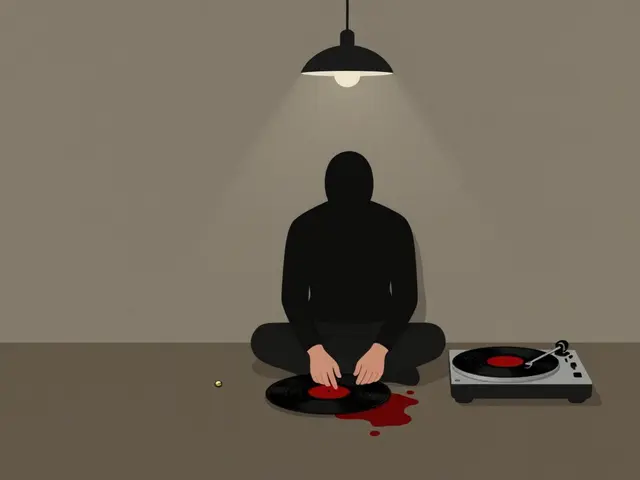 The Coen Brothers Essay: Style, Humor, and Darkness in Their Films
The Coen Brothers Essay: Style, Humor, and Darkness in Their Films
-
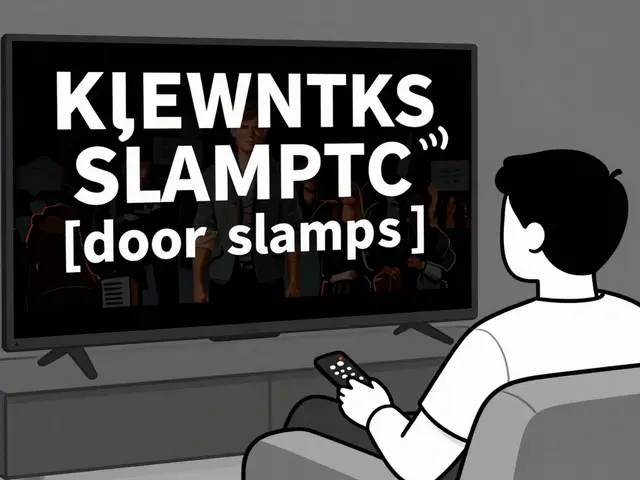 Accessibility Settings for Streaming: Captions, Audio Descriptions, and Remotes
Accessibility Settings for Streaming: Captions, Audio Descriptions, and Remotes
Categories
Tags
- streaming services
- video editing
- video production
- parental controls
- Max streaming
- video editing software
- marketing mix
- subscription management
- streaming apps
- video editing tips
- tips
- ROI
- video marketing
- video editing tools
- marketing strategy
- Premiere Pro
- family viewing
- classic cinema
- Kurosawa
- streaming setup
